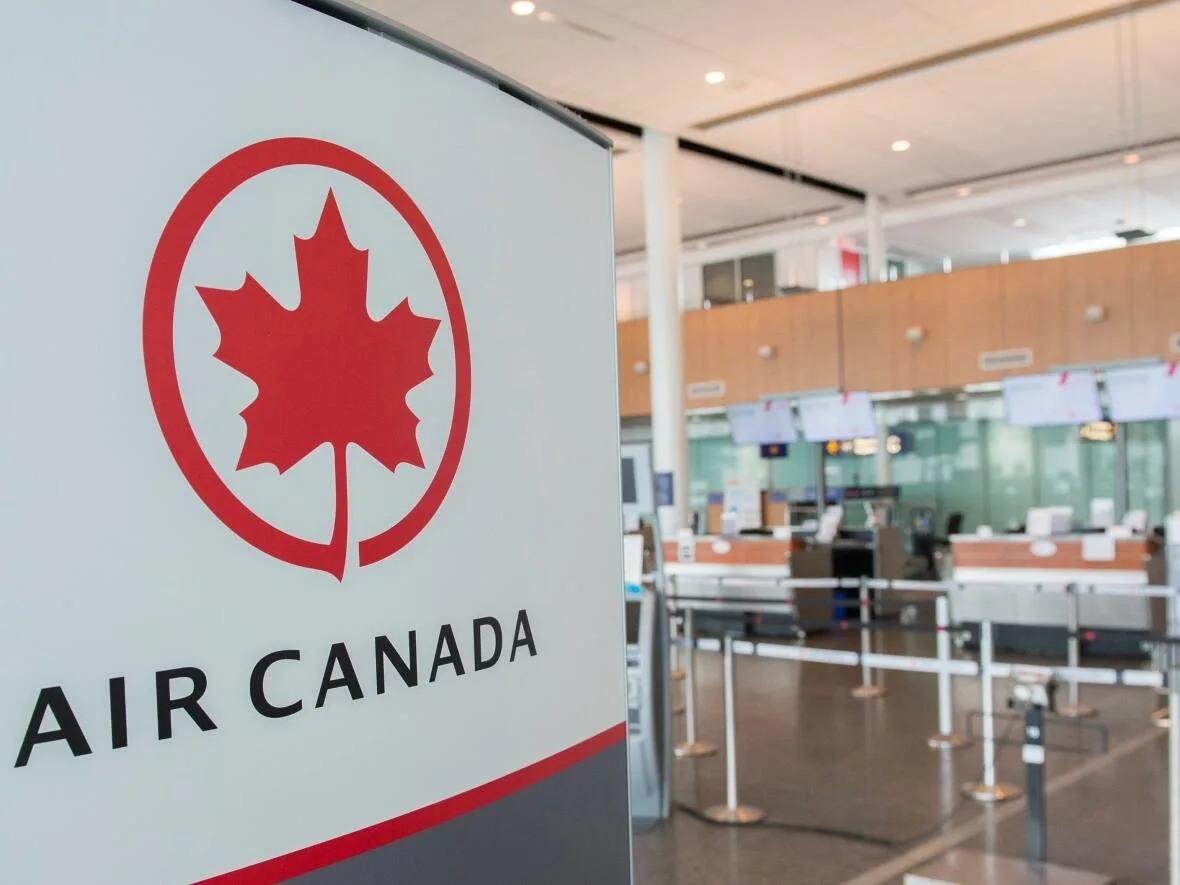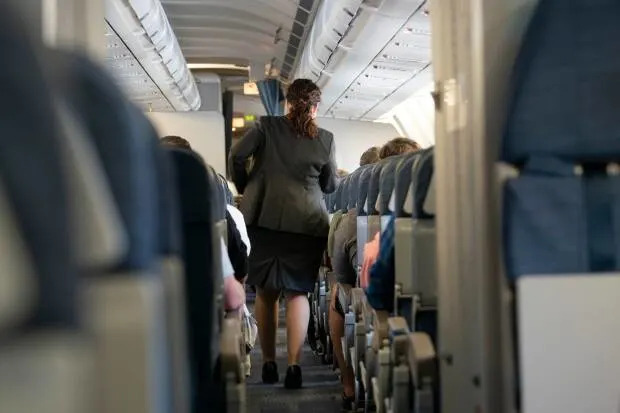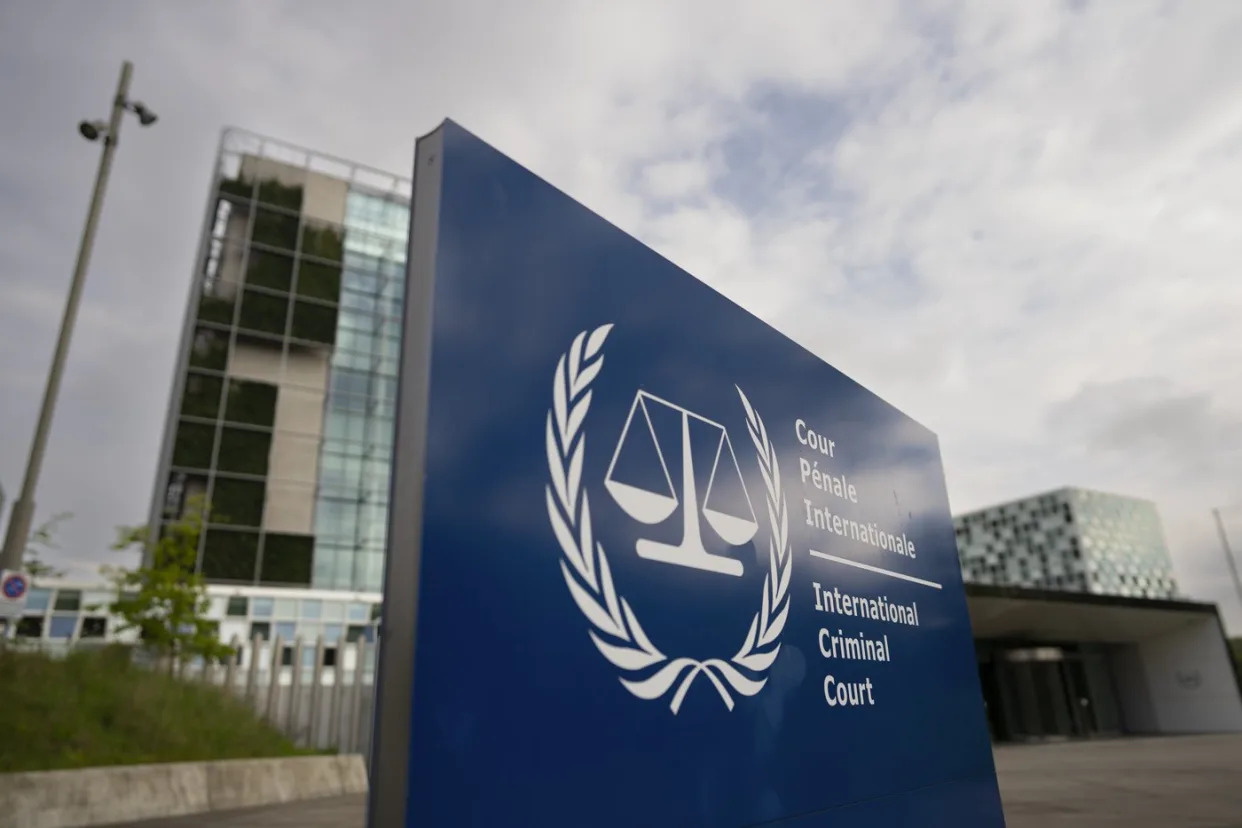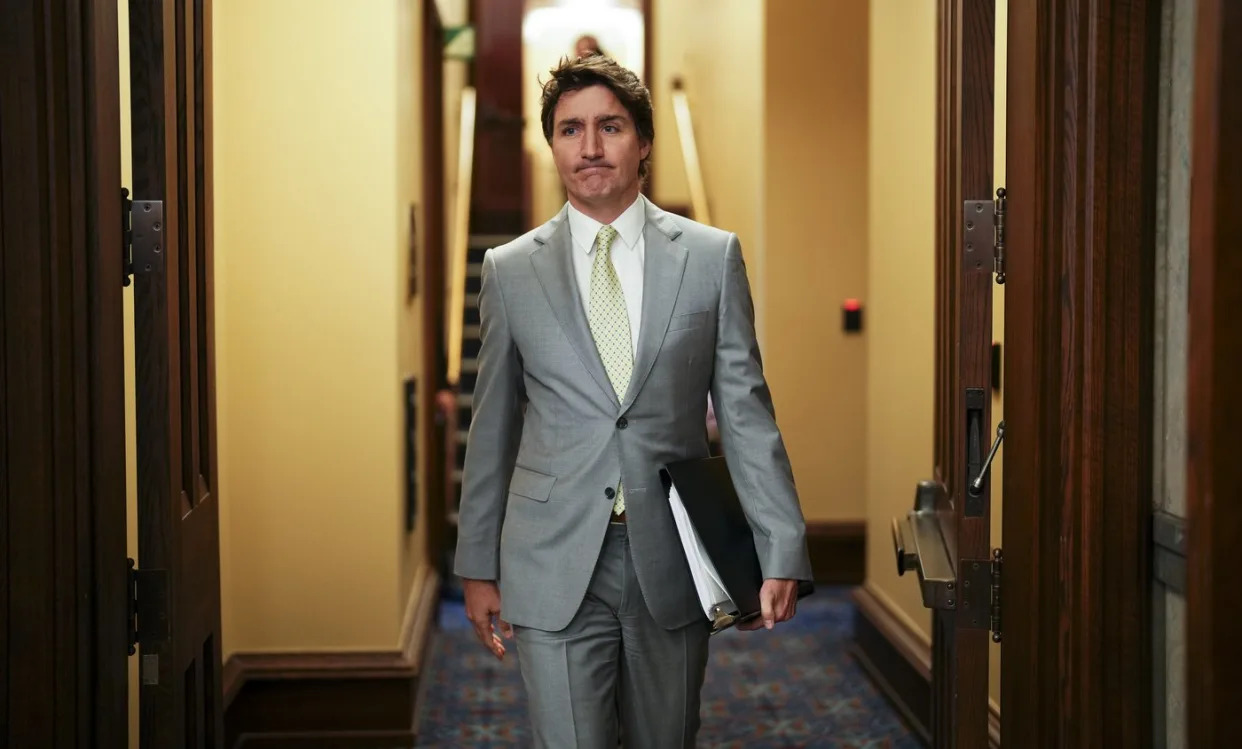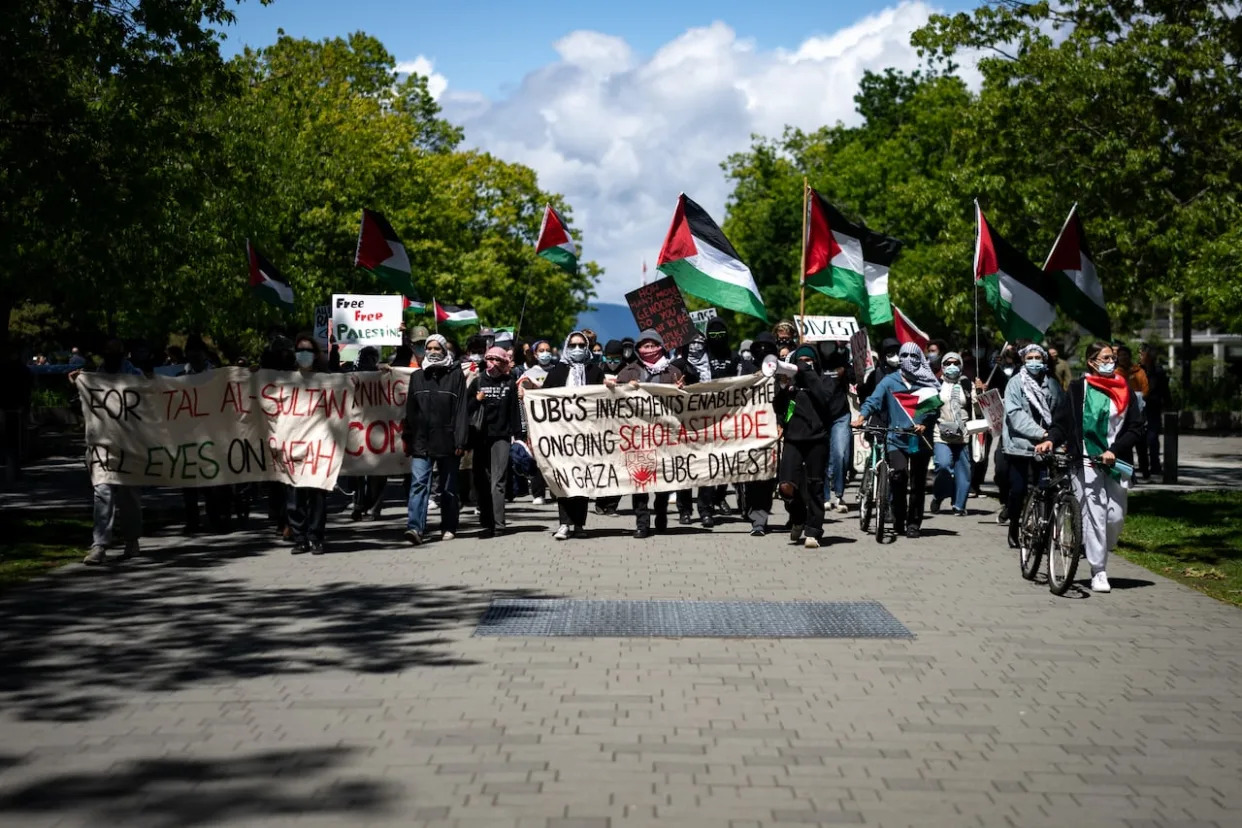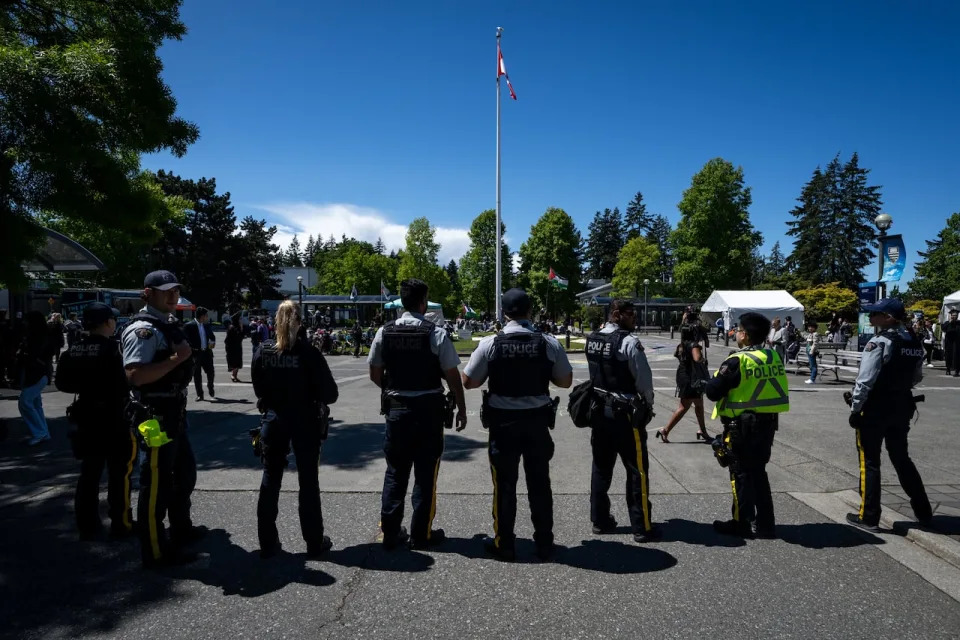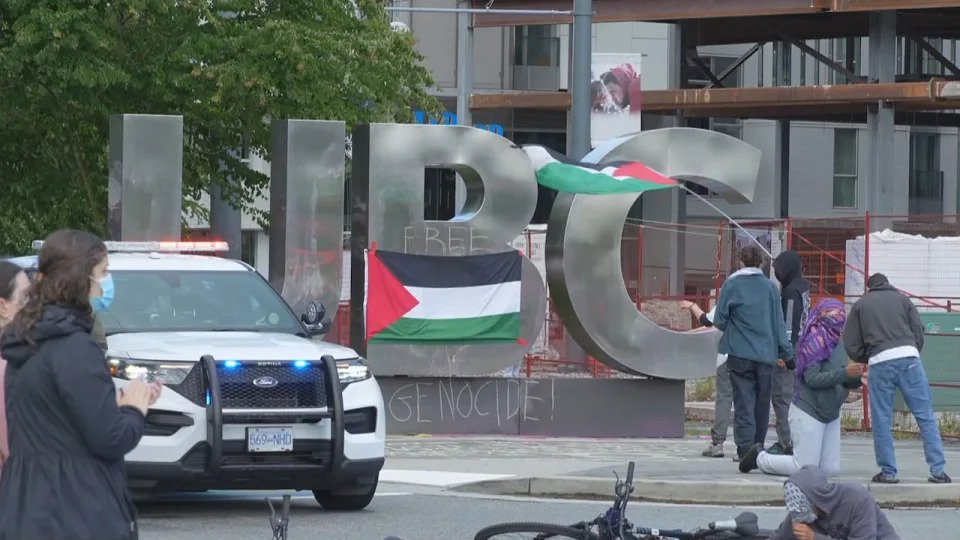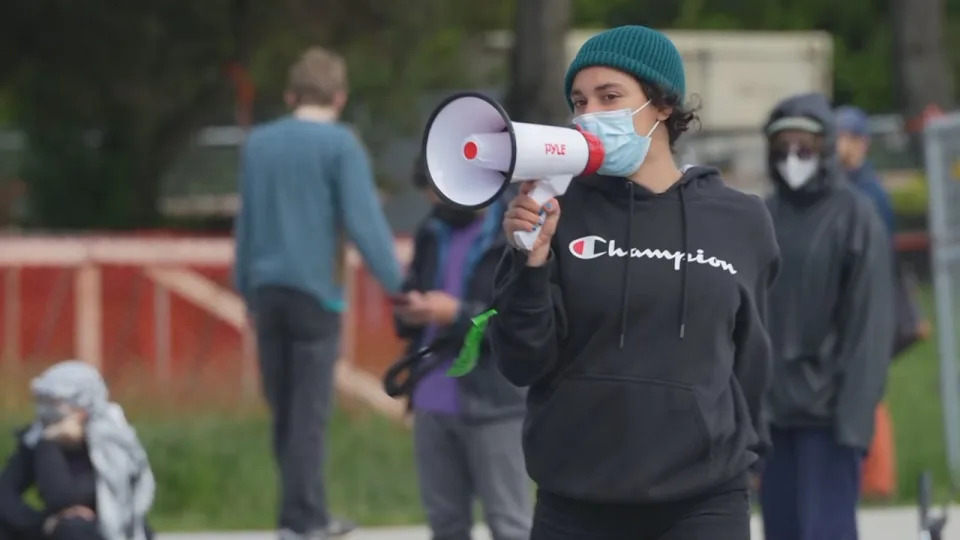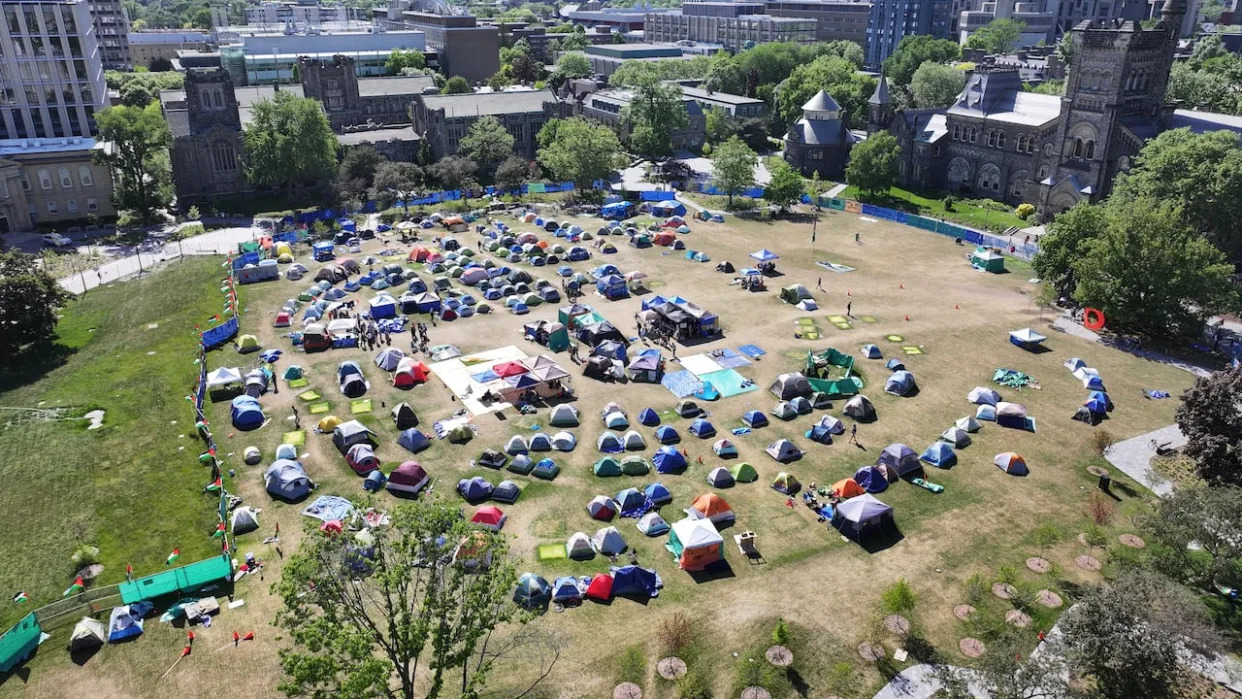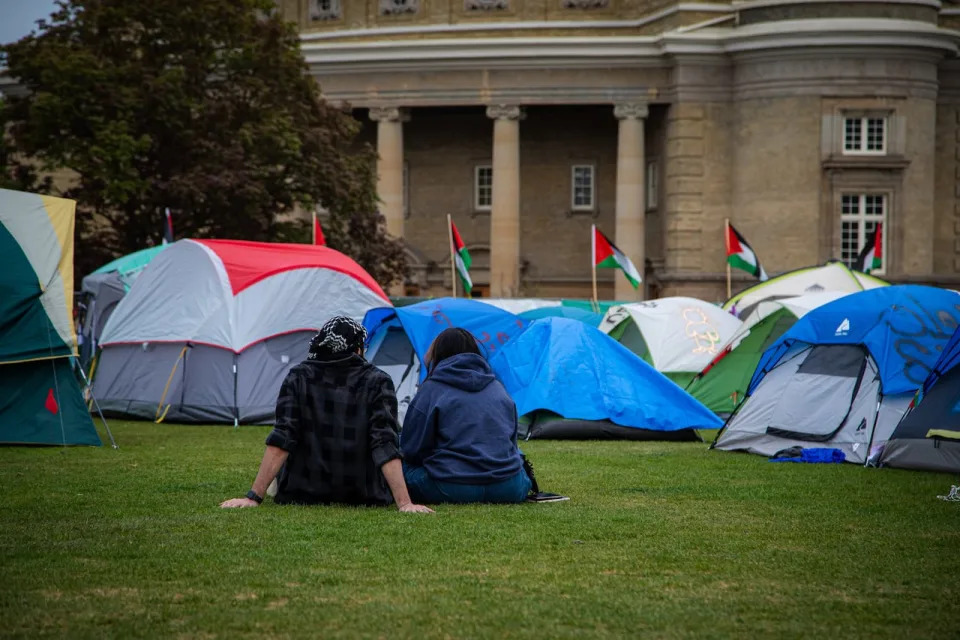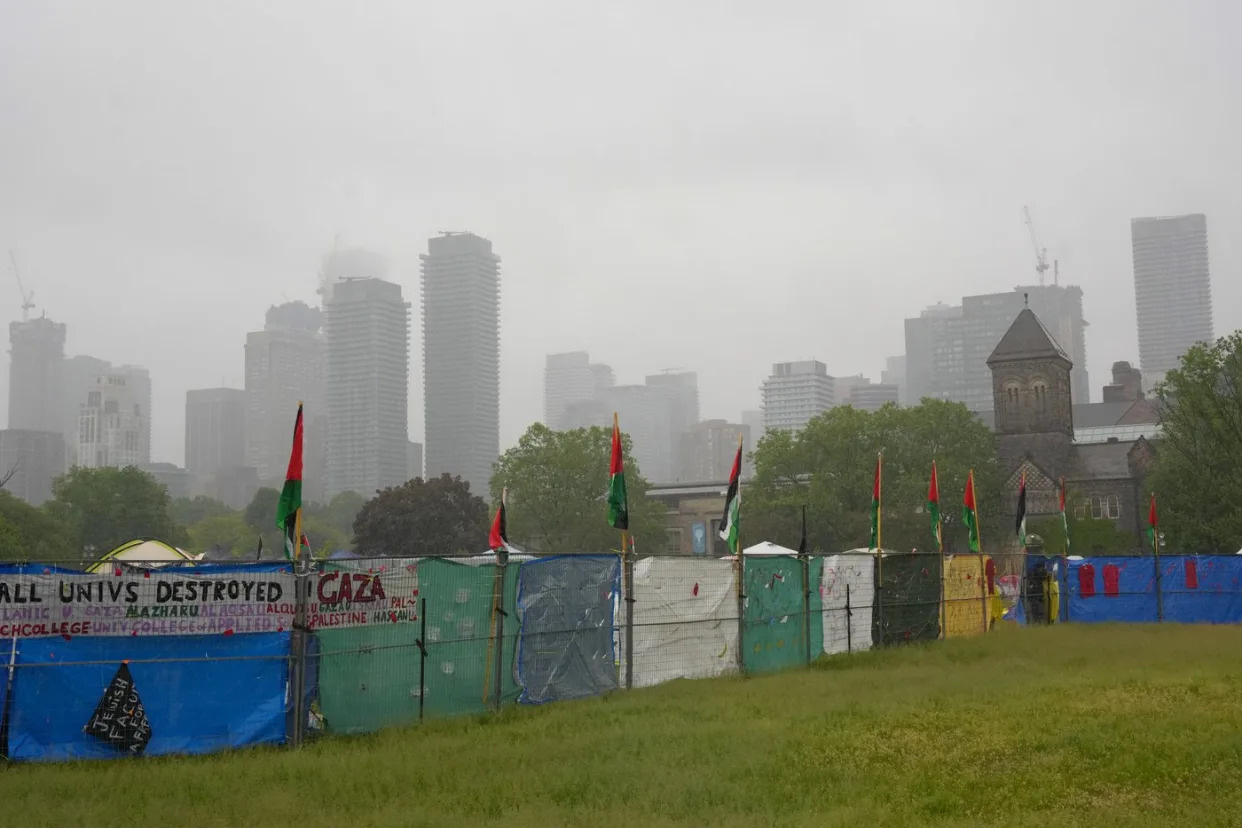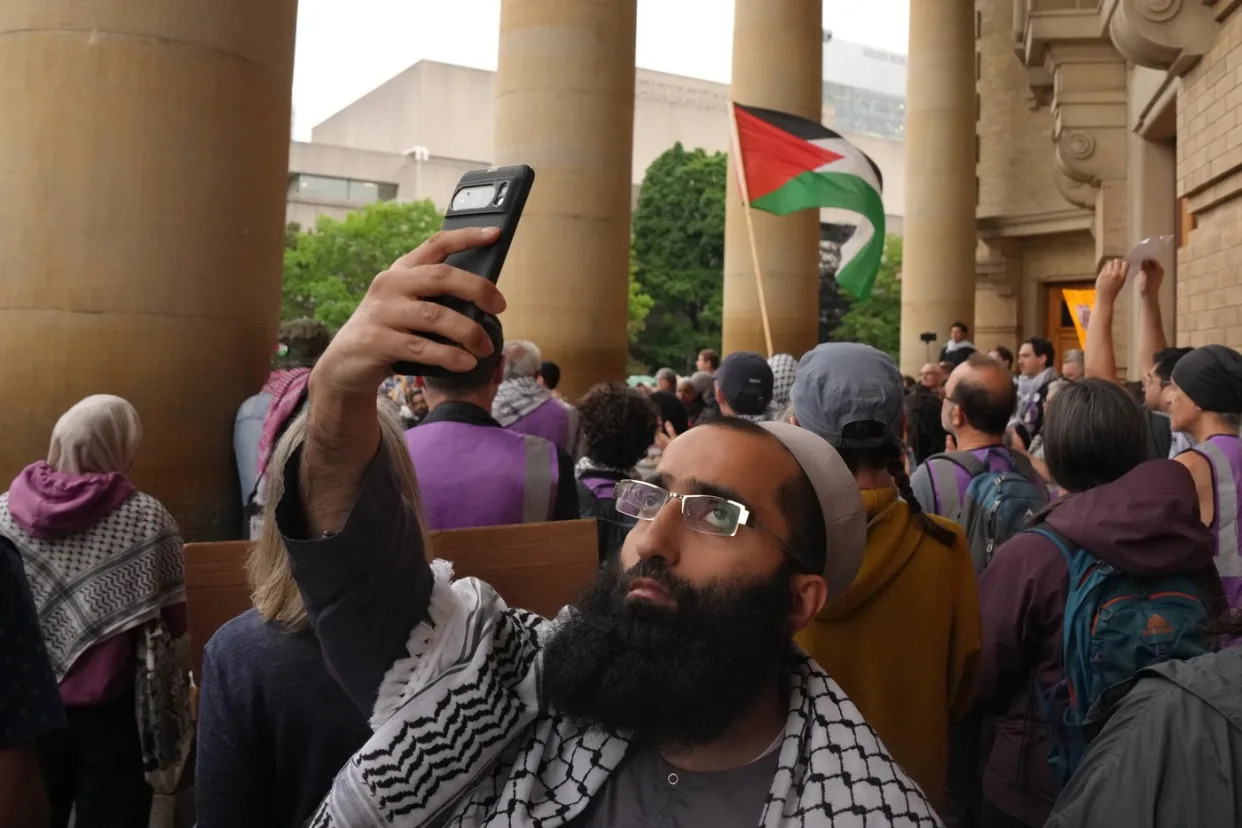CBC
Wed, May 29, 2024
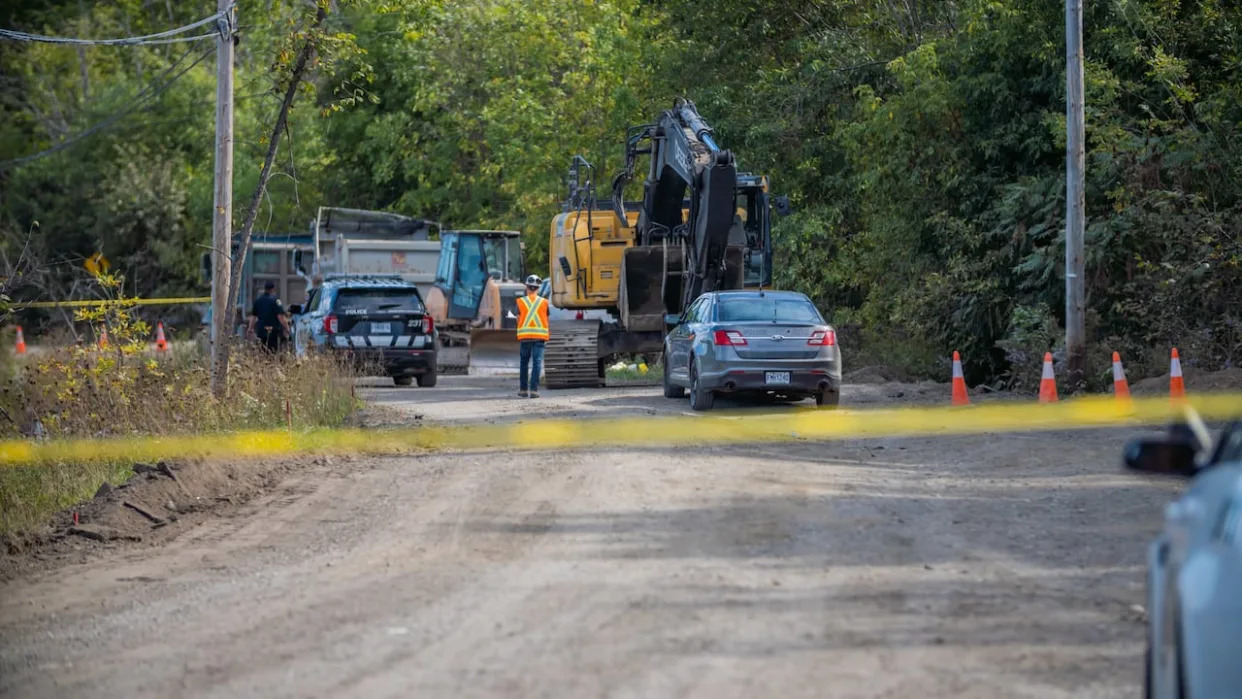
Police in western Quebec are seen in this photo from September 2023, responding after a 63-year-old worker from Bouchette, Que., was killed at a construction site.
An investigation into the workplace death of a man who was pinned between two heavy vehicles at a construction site in Chelsea, Que., last year reveals significant shortcomings led to his death — deficiencies in management, organization and communication.
On Sept. 11, 2023, a 63-year-old worker from Bouchette, Que., was pronounced dead at the site managed by Construction FGK.
The man had been fuelling a vehicle and ended up trapped when a colleague driving a 10-wheel dump truck backed into him.
A French-language report released Wednesday by Quebec's workplace standards body CNESST determined that a lack of organization and communication at the start of the work shift was a major factor in the man's death.
The worker was in the reversing path of the dump truck, the report said, and the truck driver didn't see their colleague or the vehicle he was fuelling.
According to Geneviève Cadotte, CNESST's occupational health and safety inspector, the lack of planning for the movement of heavy vehicles on site led to the death.
Cadotte said that "reversing manoeuvres on a construction site must be carried out in a marked area where no one can move on foot."
"Otherwise, they must be carried out with the help of a construction site marshal who guides the driver throughout the manoeuvre," Cadotte said.
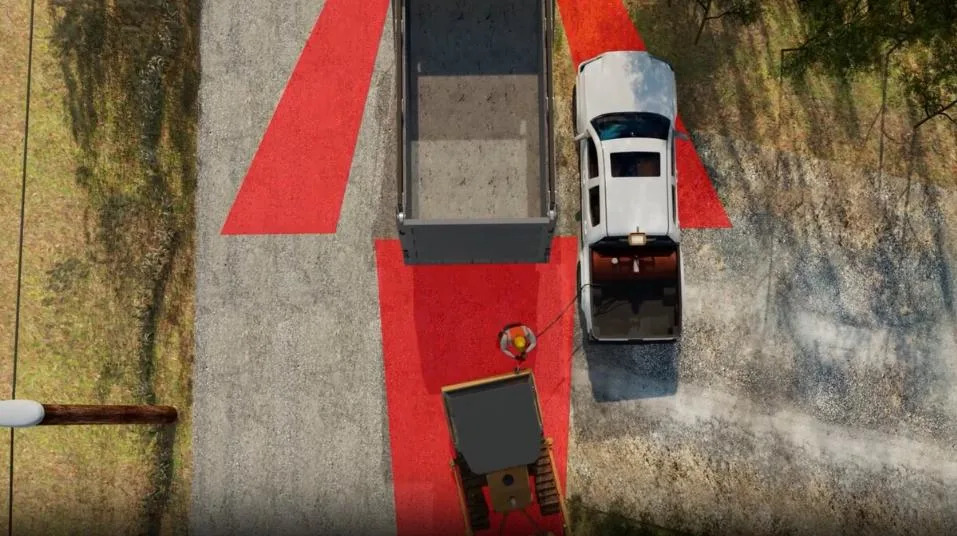
This graphic shows how the worker who died after being pinned against a vehicle he was refuelling at a construction site in Chelsea, Que., in 2023 would not have been visible from the dump truck that struck him.
This graphic shows how the worker who died after being pinned against a vehicle he was refuelling at a construction site in Chelsea, Que., in 2023 would not have been visible from the dump truck that struck him. (CNESST)
Clear guidelines needed
The incident happened during repairs on chemin de la Rivière, while the designated marshal had not yet arrived to work. The municipality said at the time that road rehabilitation work was happening in the area.
According to the investigation, Construction FGK workers got no formal instructions at the start of their shift that morning as to when the excavation work would begin.
At around 7:15 a.m., the victim was preparing to start work when he was hit by the truck. The driver thought the work had already started, the investigation found.
According to Cadotte, there was inadequate communication and co-ordination on the part of the project manager when starting the day's activities.
Clear guidelines would allow workers to be on the same page as to when work begins, she said.
Following the collision, CNESST ordered a stop to all work requiring reversing manoeuvres on the site. It also demanded the company submit a safe work plan for co-ordinating and managing reversing manoeuvres of heavy vehicles.
The company complied, she said, adding that Construction FGK co-operated during the investigation.
27 deaths
Steve McCann, director of the Prevention-Inspection Service in the Outaouais for CNESST, said 27 workers have died in Quebec in the past five years after being hit by a heavy vehicle.
At least 577 are also believed to have suffered injuries due to a collision with a heavy vehicle, he added.
McCann said Wednesday's report will be sent to several organizations and companies to inform them of dangers involving heavy equipment, as well as the province's Ministry of Education.
He said the goal is not to blame anyone but to prevent another tragedy.
Radio-Canada contacted Construction FGK for an interview, but has not yet received a reply.

